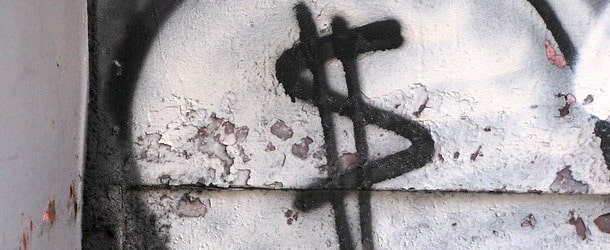While bulls and bears continue to argue the health of the housing market, a new report revealed that most existing homeowners are in a really good spot.
The second-quarter 2023 U.S. Home Equity & Underwater Report from ATTOM found that 49% of mortgaged residential properties in the United States were considered “equity-rich.”
The term is defined as a property owner having at least 50 percent equity in their property, or a loan-to-value ratio (LTV) of 50% or less.
This percentage of equity rich homeowners increased from 47% in the first quarter and is now at its highest point in at least four years.
Compare this to the year 2012, when nearly 30% of homeowners with mortgages were seriously underwater.
Home Price Reversal Boosts Equity Numbers in Second Quarter
ATTOM noted that homeowner equity improved during the second quarter as prices for single-family homes and condos increased nationwide.
This bucked the market slowdown that had run taken place in late 2022, when 30-year fixed mortgage rates rose above 7%.
The company added that the median home value was up 10% in the second quarter, reaching a new all-time high of $350,000, after slipping 7% during the prior three quarters.
At the same time, the number of seriously underwater borrowers continued to fall, and accounted for less than three percent of mortgaged homes in the U.S. during the quarter.
That’s just one out of 36, defined as a homeowner who owes at least 25% more than the estimated market value of their property.
Put another way, it’s a LTV ratio of 125% or more, meaning the borrower would have difficulty both refinancing their loan or selling, unless they could cover the shortfall.
This is one reason why real estate short sales are so uncommon at the moment, especially when you consider the attractive mortgage rates (2-3% rates) held by many of these borrowers.
To that same end, low mortgage rates also mean a greater proportion of each mortgage payment goes toward principal as opposed to interest.
For example, a $500,000 loan amount at 2.75% results in an initial monthly payment of $2,041.21.
And roughly $895 of that payment goes toward paying off the loan in month one.
Compare this to the same loan amount at 6.75%, where the payment is over $3,200 and just $430 goes toward principal.
This is a huge disparity that some housing market pessimists might be missing. Homeowners have a low monthly payment AND their mortgages are being paid down much more quickly.
Most Homeowners in Foreclosure Have Some Amount of Equity
While housing affordability has eroded tremendously thanks to high mortgage rates and ever-increasing home prices, it’s not quite 2008 again.
Aside from the higher-quality mortgages held by most homeowners (aka 30-year fixed at super low rates), most borrowers have some amount of positive equity.
Even those on the brink of foreclosure have equity in most cases, per ATTOM’s report.
Just 255,700 homeowners were facing a possible foreclosure in the second quarter of 2023, which is historically small to begin with.
That represents about one in every 250 mortgaged residential properties in the United States.
And of those, roughly 235,500, or 92%, had at least some home equity. This means it’s possible to sell their home via a traditional route and avoid the foreclosure and even a short sale.
These equity levels were highest in Utah (97 percent with equity), North Carolina (96 percent), Florida (96 percent), Idaho (96 percent), and New Hampshire (95 percent).
And lowest in Louisiana (82 percent with equity), Illinois (85 percent), North Dakota (85 percent), Maryland (86 percent), and Arkansas (87 percent).
So even if the share of distressed borrowers increases, it should have less of an impact on both the homeowners and the housing market at large.
In terms of where the most underwater homeowners reside, it is in the states of Louisiana (10.5% seriously underwater), Indiana (8.1%), Kentucky (5.9%), Iowa (5.9%), and Mississippi (5.8%).
The West Continues to Be the Most Equity Rich Area of the Nation
When it comes to equity-rich mortgaged properties, six of the top 10 are situated in the West.
The top five in the second quarter were Vermont (77.5% of mortgaged homes were equity-rich), California (63.3%), Montana (60.9%), Florida (60.4%) and Idaho (59.4%).
The most equity-rich counties (with populations of at least 500,000) were also mostly located in California.
They included San Mateo County, CA (78.5% equity-rich), Santa Clara County, CA (77.4%), Orange County, CA (73.3%), Alameda County, CA (71.8%), and Pinellas County, FL (70.8%).
Aside from these borrowers sitting on a ton of home equity, they may also be ripe for a cash out refinance if and when mortgage rates return to more reasonable levels.
And if they face payment distress, such as unemployment, a traditional sale should still be the most likely outcome, a big contrast from the many fire sales seen a decade ago during the mortgage crisis.
In other words, the housing market remains very healthy, even though it’s expensive to buy into the market these days.
We’re basically looking at a dynamic of haves and have nots, with current owners in really good positions.
Meanwhile, prospective buyers face both high mortgage rates and home prices, along with a dearth of supply to choose from.
Read more: 11 Ways to Build Home Equity

